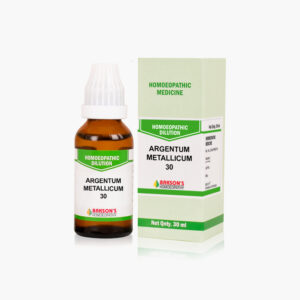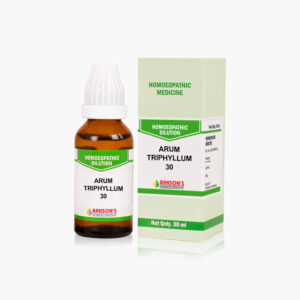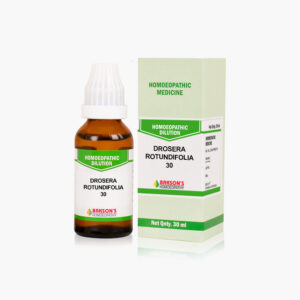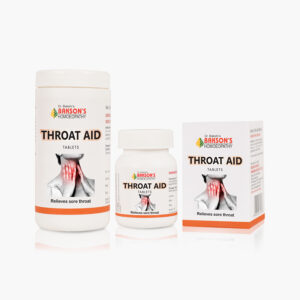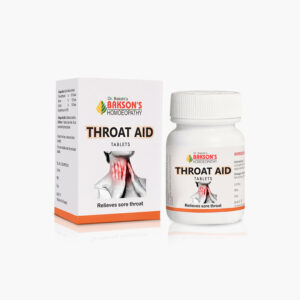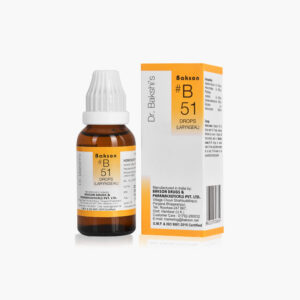What is Laryngitis?
Laryngitis refers to inflammation of the larynx and it can have an acute and chronic presentation. Whereas acute laryngitis typically persists for a period of 3-7 days, chronic laryngitis manifests for over three weeks. Laryngitis can affect patients of any age, though it is more common in the adult population, usually affecting individuals aged 18 to 40 years.
Risk factors
The aetiology of laryngitis (acute) can be classified as either infectious or non-infectious. The infectious form is more common and it follows an Upper Respiratory tract infection, the causes of which could be-
- Bacterial: The most commonly encountered bacterial organisms are Streptococcus pneumoniae, Haemophilus influenzae, and Moraxella catarrhalis.
- Viral: Viral agents such as rhinovirus, parainfluenza virus, respiratory syncytial virus, coronavirus, adenovirus, and influenza can cause laryngitis especially in the paediatric age group.
Non-infectious laryngitis may be a result of-
- Vocal trauma: seen days after shouting or yelling (common in coaches, athletes and vocal performers).
- Gastroesophageal reflux (GERD): Specifically, LPR (Laryngopharyngeal reflux).
- Environmental causes: Seasonal allergies, air pollution.
Diagnosis
The evaluation of laryngitis (acute or chronic) patients must always begin with a thorough history and physical examination. Any history of URI (Upper Respiratory infection) must be given serious attention and the physician should also inquire about the past medical history of the patient.
The duration and the onset of symptoms are important indicators in diagnosis. Acute laryngitis starts abruptly and worsens in 2-3 days.
Diagnosis can usually be made based on the history of the patient. Indirect examination of the airway with a mirror or with a flexible laryngoscope can confirm the diagnosis.
General management
Treatment is often supportive in nature and includes measures like voice rest, steam inhalation and avoidance of smoking and alcohol. Certain dietary modifications like avoidance of late meals and increased intake of water is recommended. The medicines must be consumed only after consulting the concerned physician.
Warning: Above information provided is an overview of the disease, we strongly recommend a doctor’s consultation to prevent further advancement of disease and/or development of complications.
Disclaimer: The information provided herein on request, is not to be taken as a replacement for medical advice or diagnosis or treatment of any medical condition. DO NOT SELF MEDICATE. PLEASE CONSULT YOUR PHYSICIAN FOR PROPER DIAGNOSIS AND PRESCRIPTION.



 Login
Login

